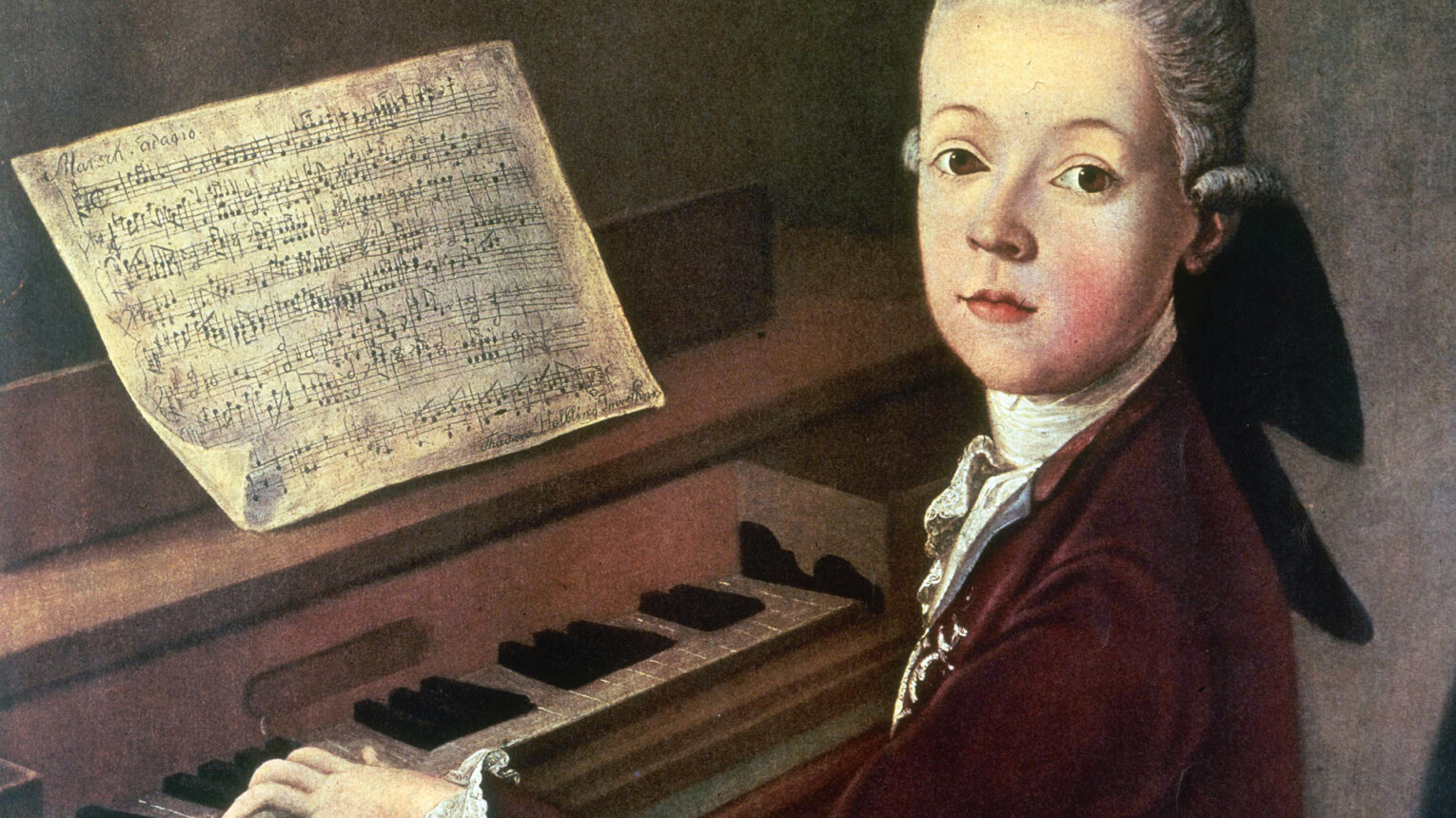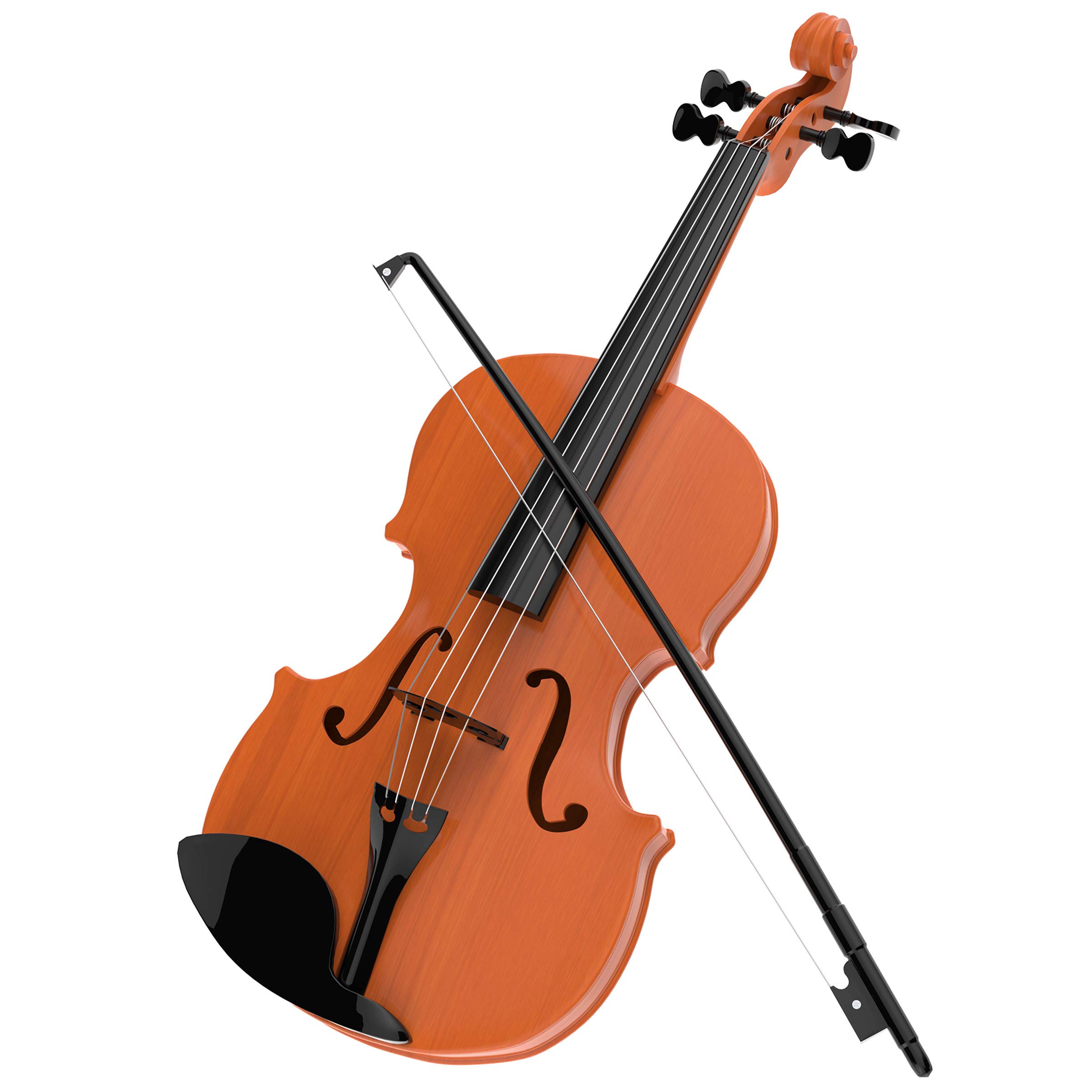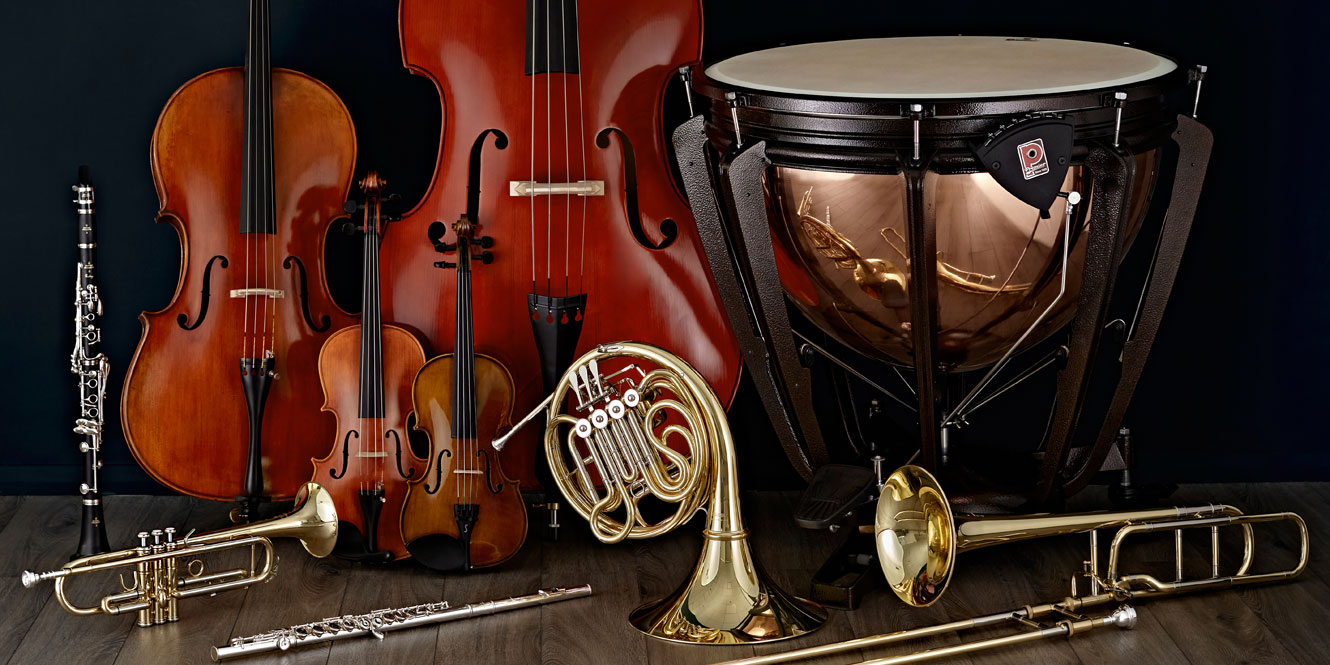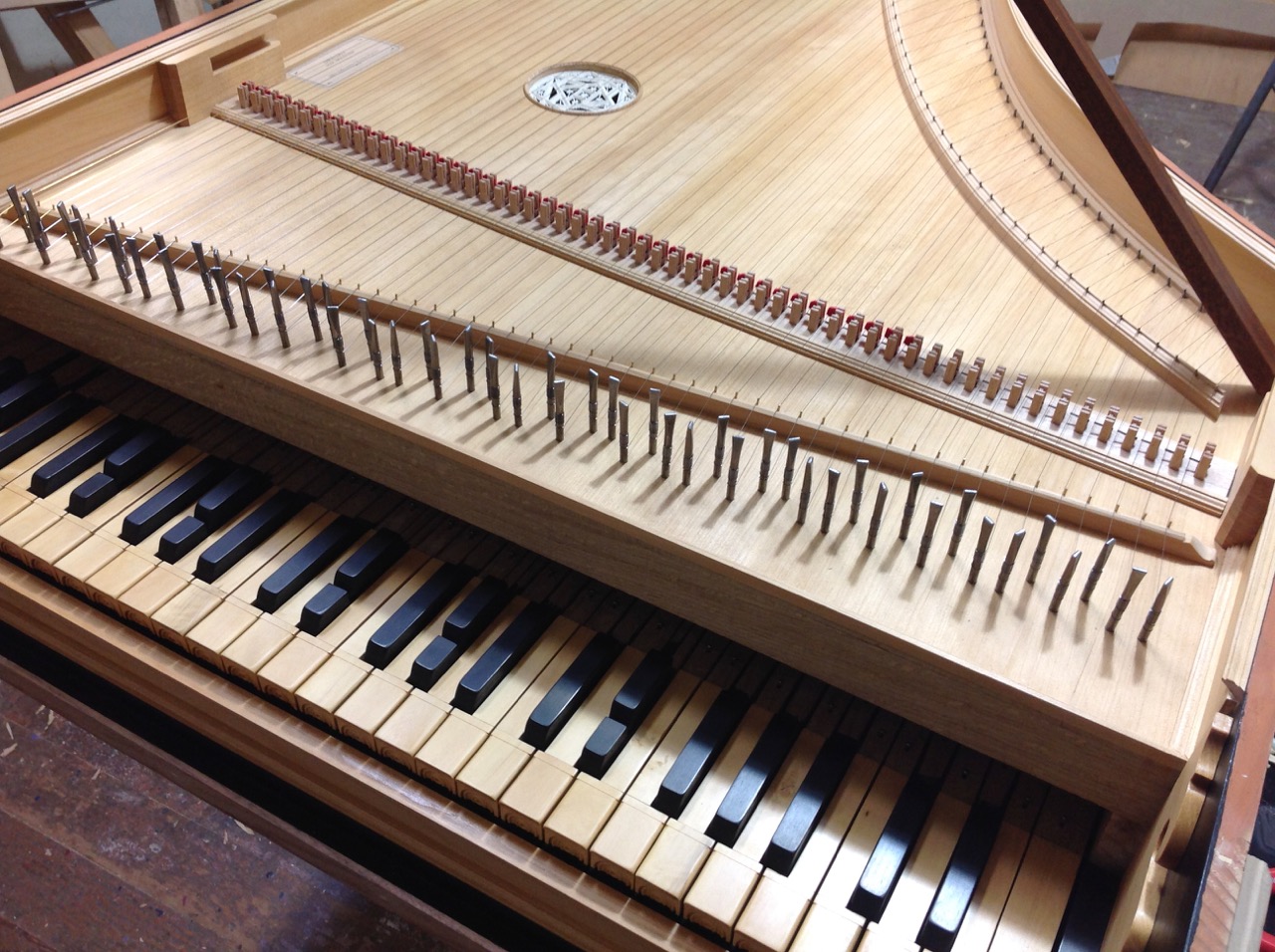Mozart's Musical Journey: Exploring the Instruments He Played
Music lovers and enthusiasts worldwide have long been captivated by the genius of Wolfgang Amadeus Mozart. Renowned as one of history's greatest composers, Mozart's exceptional talent extended beyond composition. In this article, we delve into the world of instruments and uncover the diverse range of musical tools Mozart played throughout his illustrious career.
I. Mozart's Early Musical Education
To understand the instruments Mozart played, it is crucial to explore his early musical education. Born in 1756 in Salzburg, Austria, Mozart began his musical journey at a tender age. His father, Leopold Mozart, a talented musician himself, introduced him to various instruments during his formative years.

Mozart
II. Keyboard Instruments
The piano, a quintessential instrument in classical music, played a central role in Mozart's musical repertoire. As a child prodigy, Mozart displayed extraordinary skills on the harpsichord, a precursor to the modern piano.
Over time, he transitioned to the fortepiano, an early version of the piano, which influenced his compositions.
III. String Instruments
Mozart's association with string instruments was prolific. The violin, considered one of the most expressive instruments, became an integral part of Mozart's musical identity.

Violin
His virtuosity on the violin was widely recognized, and he composed numerous works showcasing its beauty. Additionally, Mozart also played the viola, contributing to his understanding of string ensemble dynamics.
IV. Wind Instruments
The woodwind and brass sections of the orchestra were not unfamiliar to Mozart. The flute, a delicate and versatile instrument, played a significant role in his compositions. Mozart's compositions for the flute, including his famous Flute Concerto No. 1 in G Major, highlight his mastery of this instrument.
Furthermore, he also played the clarinet, which was a relatively new addition to the orchestral family during Mozart's time.
V. Orchestral Instruments
Mozart's musical prowess extended to conducting and performing with orchestral instruments. The French horn, with its rich and warm timbre, found its way into Mozart's symphonies and concertos. His compositions for the French horn challenged its technical limits and pushed the boundaries of what was deemed possible at the time.

Orchestral Instruments
Additionally, Mozart showcased his brilliance on the trumpet and timpani, adding depth and grandeur to his orchestral works.
VI. Chamber Music Instruments
In addition to larger ensembles, Mozart also excelled in composing and performing chamber music. The string quartet, comprising two violins, viola, and cello, was one of Mozart's favorite forms of expression.
As a violist himself, he often participated in string quartet performances, bringing his expertise and understanding of the instrument to the ensemble.
VII. Keyboard Percussion Instruments
Mozart's exploration of keyboard percussion instruments, such as the harpsichord, clavichord, and organ, enriched his musical palette.

Harpsichord
These instruments offered unique tonal qualities and allowed him to experiment with different textures in his compositions. Mozart's command over keyboard percussion instruments contributed to the depth and complexity of his music.
VIII. Conclusion
Wolfgang Amadeus Mozart's musical genius encompassed not only composition but also proficiency in a wide range of instruments. From keyboards to strings, winds to brass, and everything in between, Mozart's instrumental versatility allowed him to create masterpieces that continue to inspire and enthrall audiences to this day. By delving into the instruments he played, we gain a deeper appreciation for his remarkable contributions to the world of music.